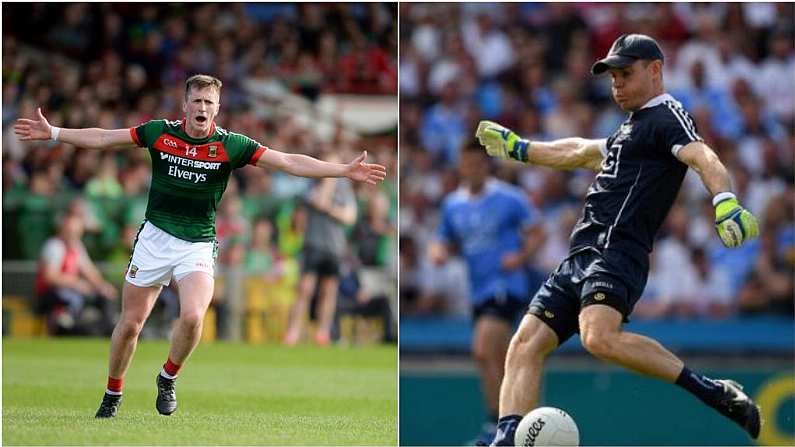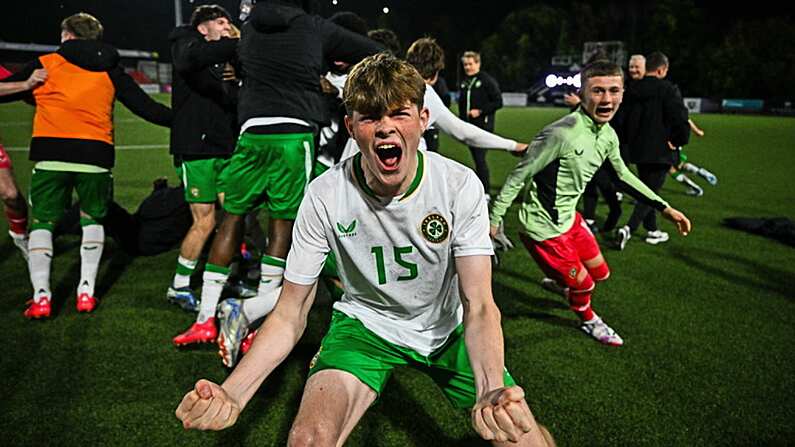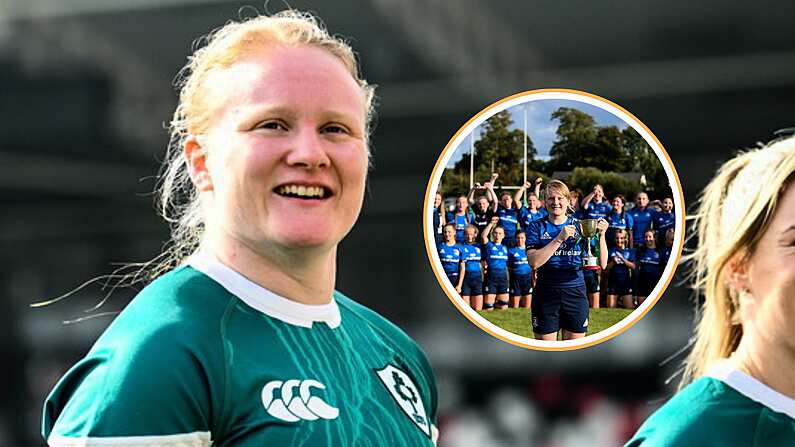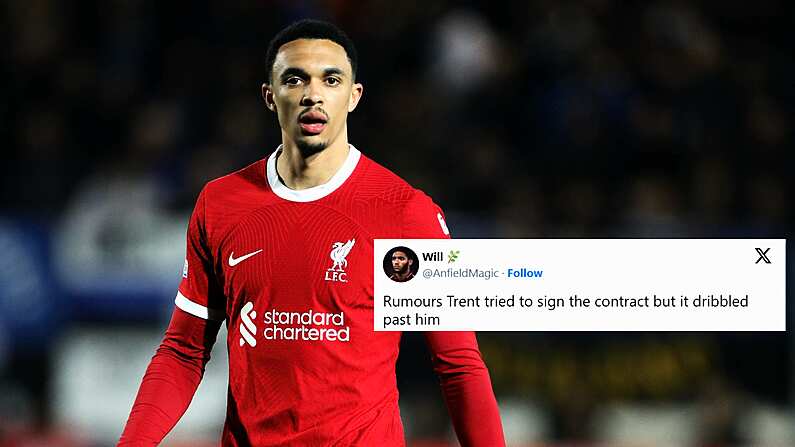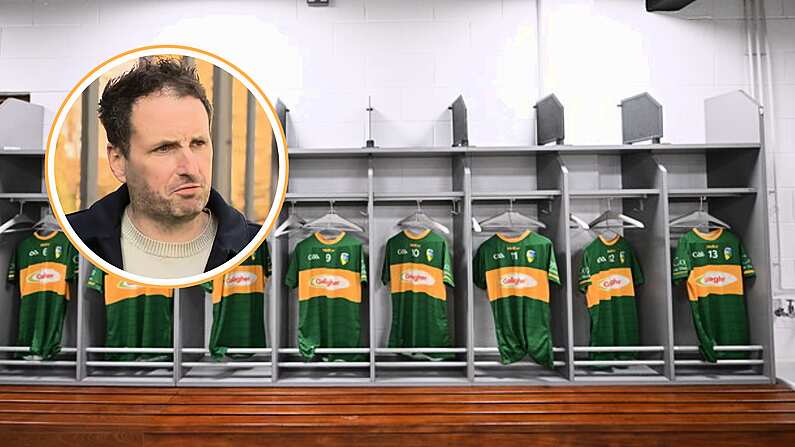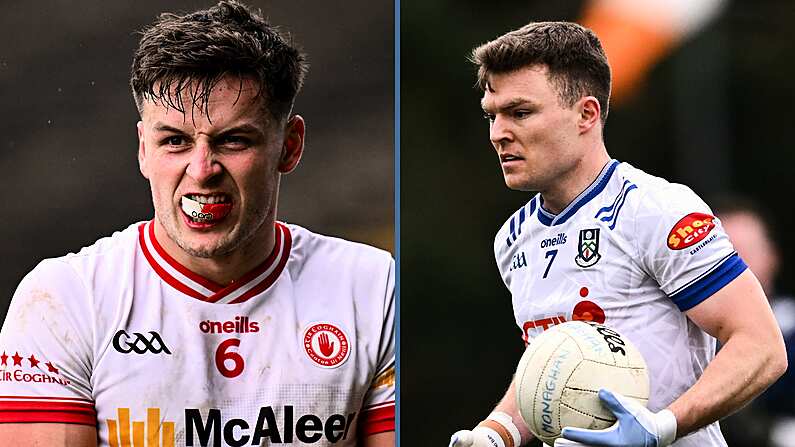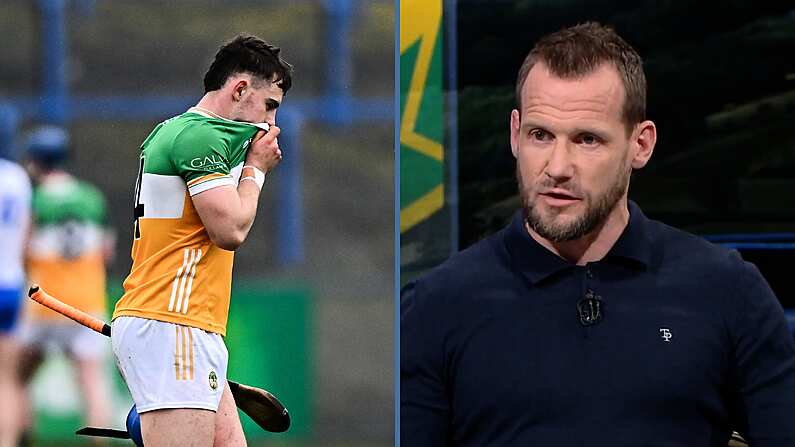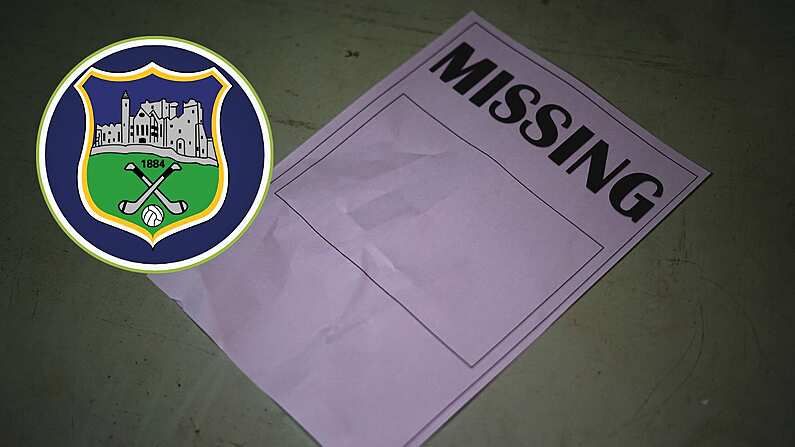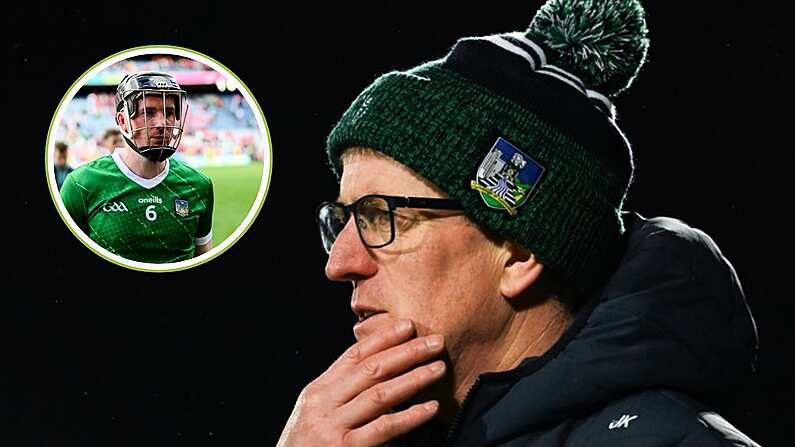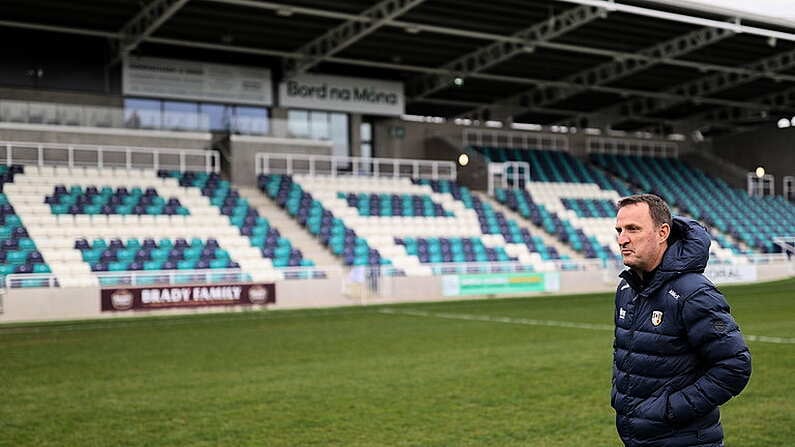The rock upon which Dublin have built their church is the last line of their defence.
But Dublin's success begins with the platform for attack that Stephen Cluxton provides, and that, of course, stems from his kick-out. Cluxton has essentially weaponised the opposition score: within ten seconds of the ball going dead, the ball will be sailing into a Dub's hands from Cluxton's tees.
Grappling with those restarts are critical to beating Dublin, with a similar conundrum: push up to try and prevent him from hitting it short, or drop off to ensure you don't get caught short of defenders? Pushing up on lesser goalkeepers usually pays dividends - Mayo benefitted from doing so against Derry and Roscommon this year, for example - but it often doesn't work against Dublin.
Tomás O'Sé explained why to Newstalk earlier this year:
Whatever is happening he can read the game, if the long ball is on he'll go; if the short ball is on, he'll go as well. I think it's just phenomenal.
Cluxton, I feel is still ahead in terms of kick outs. The ball is in mid-air and he has it up on the tee and it's gone.
I think it was last year, Dublin played Kerry and everyone was yelping that we had it cracked - two kick outs he lost in the whole game.
Kerry believed they had it "cracked", in O'Sé's words, as they pushed up aggressively on Cluxton's kick outs. They actually had reasonable profit: they briefly rattled Cluxton, to the extent that he conceded two sloppy goals and sent a kick out over the touchline. Dublin still won, mind, and that was the last time Cluxton looked in any way fallible.
Mayo may choose to push up on the kick outs tomorrow - perhaps they have to - but the great danger latent in that decision is the fact that a long kick-out can suit Dublin as much as a short one. Sean Cavanagh was speaking on Off the Ball today ahead of the final and he explained why pushing up on the Cluxton kick-out doesn't really work:
I don't agree [that Mayo have to push up on Cluxton's kick outs]. We tried to push up [Tyrone, in the All-Ireland semi-final] and we tried damn hard. We worked on it for a couple of weeks leading into the Dublin game, but Cluxton's that fast at getting the ball away, it is impossible to do. From a set play, okay, you can get yourself set, but otherwise, it's very difficult.
So, will Mayo push up? There are plenty of reasons to, but last year's final offered reasons not to. One came in the drawn game, which of course featured the absurdity of Mayo out-scoring the Dubs without winning, thanks to the first brace of own-goals in All-Ireland history. Some of this was down to sheer, wretched Mayo bad fortune, but the Kevin McLoughlin own goal began with a Cluxton kick-out.
Peter Canavan analysed this brilliantly on Sky Sports last year. Mayo pushed up on the kick out, but some clever movement by the Dubs midfield finagled them some precious space. Seamus O'Shea tracks Brian Fenton left, while Donie Vaughan is meant to be picking up Michael Darragh Macauley. Macauley, however, makes a clever run: he feints to go to the right - dragging Vaughan out of position - only to check back inside and collect Cluxton's kick-out without being put under any pressure.
Macauley collects, and then Canavan draws attention to the subsequent run of Brian Fenton, who leaves Seamus O'Shea for dead in midfield:
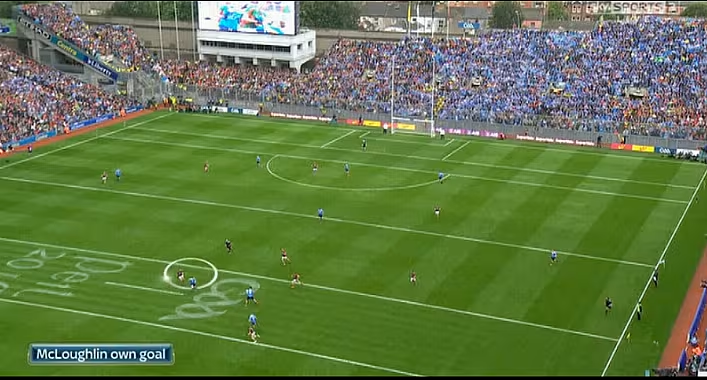
From there, Dublin attacked: Fenton galloped forward and it was his shot that rebounded off David Clarke and McLoughlin into the net in front of the Canal End.
Proof of Dublin's greatest strength: it's almost impossible to pin down.

